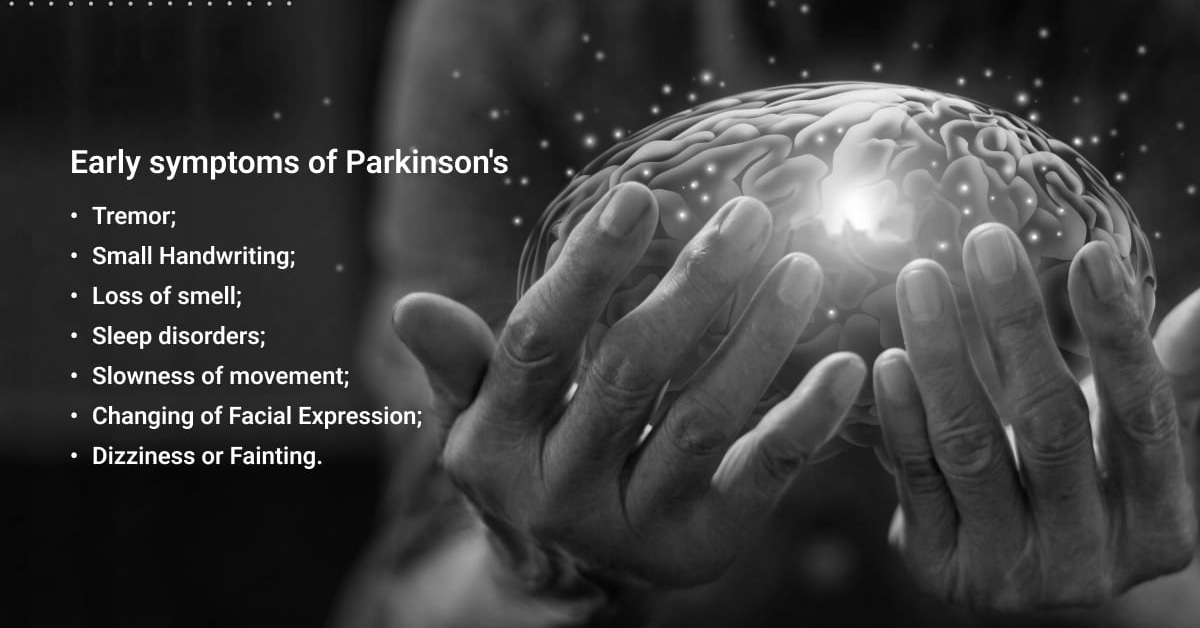
Neurodegenerative diseases are a group of disorders that affect the central nervous system and cause progressive degeneration of nerve cells. These disorders can have devastating effects on individuals, their families, and society as a whole. The most common neurodegenerative diseases include Alzheimer’s, Parkinson’s, Huntington’s, and ALS (Amyotrophic Lateral Sclerosis). Despite advances in medical technology and research, the exact causes of these diseases are still not fully understood. However, what we do know is that early diagnosis and treatment are crucial for managing symptoms and improving quality of life. In this article, we will explore the different types of neurodegenerative diseases, with a specific focus on ALS. We will delve into the diagnosis process and the available treatment options, as well as shed light on the impact of these diseases on individuals and society. So, let’s dive into the world of neurodegenerative diseases and gain a better understanding of how they affect us.
To fully understand neurodegenerative diseases, it is essential to first understand how the brain works. The brain is responsible for controlling our thoughts, movements, emotions, and sensations. It is made up of billions of nerve cells called neurons, which transmit information throughout the body. When these neurons become damaged or die, the brain’s ability to function properly is affected. This is what happens in neurodegenerative diseases.
There are many different types of neurodegenerative diseases, each with its own set of symptoms and characteristics. Some of the most well-known and prevalent diseases include Alzheimer’s, Parkinson’s, Huntington’s, and ALS (Amyotrophic Lateral Sclerosis). These conditions not only have a significant impact on the individual’s quality of life but also place a heavy burden on their loved ones and caregivers.
One common feature of neurodegenerative diseases is the progressive loss of nerve cells in specific regions of the brain. This results in a decline in brain function and can manifest in a variety of ways, depending on the disease. For example, Alzheimer’s disease primarily affects memory and cognitive function, while Parkinson’s disease mainly affects movement and coordination.
As people age, they become more susceptible to neurodegenerative diseases. This is because as we get older, our bodies become less efficient at repairing and maintaining damaged cells. Additionally, genetics and environmental factors can also play a role in the development of these conditions.
While there is currently no cure for most neurodegenerative diseases, there are various treatment options available to help manage symptoms and slow down their progression. These treatments may include medication, physical therapy, and lifestyle changes such as diet and exercise.
In recent years, there has been a growing focus on preventing or delaying the onset of neurodegenerative diseases. This has led to more research on lifestyle factors, such as diet, exercise, and mental stimulation, that may help reduce the risk of developing these conditions. While there is no definitive way to prevent neurodegenerative diseases, incorporating healthy habits into our daily lives may help lower our chances of developing them.
In conclusion, neurodegenerative diseases are a group of conditions that affect the brain and nervous system. They can have a significant impact on an individual’s quality of life and place a heavy burden on their loved ones and caregivers. While there is no cure, understanding how these diseases affect the brain and implementing healthy habits may help manage symptoms and potentially delay their onset.
Types of Neurodegenerative Diseases
There are several types of neurodegenerative diseases, each with its unique characteristics and effects on the brain. Some of the most common types include Alzheimer’s disease, Parkinson’s disease, Huntington’s disease, and amyotrophic lateral sclerosis (ALS). Each of these diseases affects different areas of the brain and has distinct symptoms and progression patterns.
Symptoms of Neurodegenerative Diseases
The symptoms of neurodegenerative diseases vary depending on the type of condition and the area of the brain affected. However, some common symptoms include memory loss, impaired movement and coordination, changes in mood and behavior, and difficulty with speech and swallowing. These symptoms may start off mild but gradually worsen over time, leading to significant impairment in daily functioning.
Diagnosis of Neurodegenerative Diseases
Diagnosing neurodegenerative diseases can be challenging, as many of the symptoms overlap with other conditions. Doctors may use a combination of physical exams, neurological tests, and imaging scans to make a diagnosis. They may also consider a person’s medical history and family history of neurodegenerative diseases.
Causes of Neurodegenerative Diseases
The exact cause of most neurodegenerative diseases is still unknown. However, researchers believe that a combination of genetic, environmental, and lifestyle factors may play a role in their development. For example, mutations in certain genes have been linked to Alzheimer’s disease and Huntington’s disease. Exposure to toxins and head injuries may also increase the risk of developing these conditions.
Treatment Options for Neurodegenerative Diseases
Unfortunately, there is no cure for most neurodegenerative diseases. However, there are treatment options available that can help manage symptoms and improve quality of life. These may include medication, physical therapy, occupational therapy, and speech therapy. In some cases, surgery may be recommended to alleviate symptoms or slow down the progression of the disease.
Prevention and Management of Neurodegenerative Diseases
While there is no way to prevent neurodegenerative diseases entirely, there are steps individuals can take to reduce their risk. This includes maintaining a healthy diet and exercising regularly to keep the brain and body functioning at their best. It is also crucial to avoid smoking, limit alcohol consumption, and protect the head from injury.
In conclusion, neurodegenerative diseases are complex conditions that can have a significant impact on a person’s life. However, with early diagnosis and proper management, individuals can maintain a good quality of life and slow down the progression of these diseases. It is essential to stay informed about the latest research and treatment options and to consult with a healthcare professional if any symptoms arise.